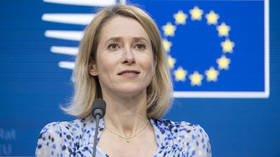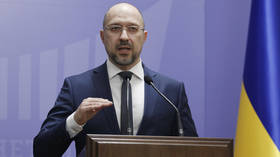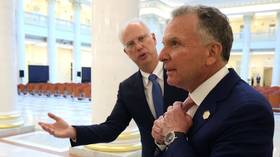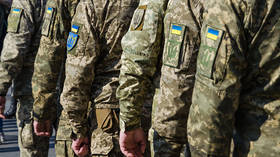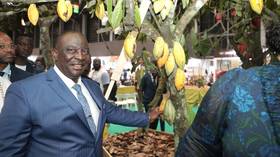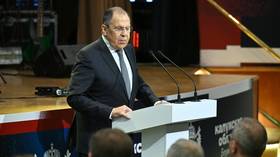Politician calls for end to children’s homework
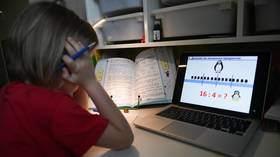
Vladislav Davankov, the deputy speaker of Russia’s lower chamber of parliament, has argued that school homework should be banned in order to give students and teachers more free time.
“When my son learned that I had become an MP, he immediately asked me to draft a law that would abolish homework. Today, during a meeting with parents in Moscow, I realized that the time has come [to do so],” Davankov said on Friday, as cited by the press-service of his New People party.
He promised to discuss the issue of abolishing homework with the Moscow Department of Education and Science. “This is an international experience. I am sure that removing this burden from children and teachers will benefit everyone,” the deputy speaker insisted.
Youngsters should use this spare time to visit workshops dedicated to up-and-coming technologies such as robotics, 3D modeling, neural networks and programming, he suggested, adding that the number of such workshops should be increased and that they should be free of charge.
However, the first deputy head of the State Duma’s Committee on Education, Yana Lantratova of the Fair Russia party, told RIA Novosti that she would not back the full abolition of homework.
“But making it more adequate, reducing the amount of what needs to be done, is definitely something that’s required,” she said.
A heavy homework load means children in Russia often don’t have enough time to play sports, go for walks, or spend time with friends, Lantratova argued. Parents also often have to hire tutors due to the difficulty of the tasks, she added.
In April, another New People MP, Anna Skroznikova, suggested that Russian students should be paid for good grades. She proposed adding the money earned this way to the ‘Pushkin Card’, which allows school children to visit museums, theaters, and other cultural institutions and events.
The New People party was founded in 2020 and won 5.3% of the vote in the parliamentary election the following year. It currently holds 15 seats out of 450 in the State Duma.




